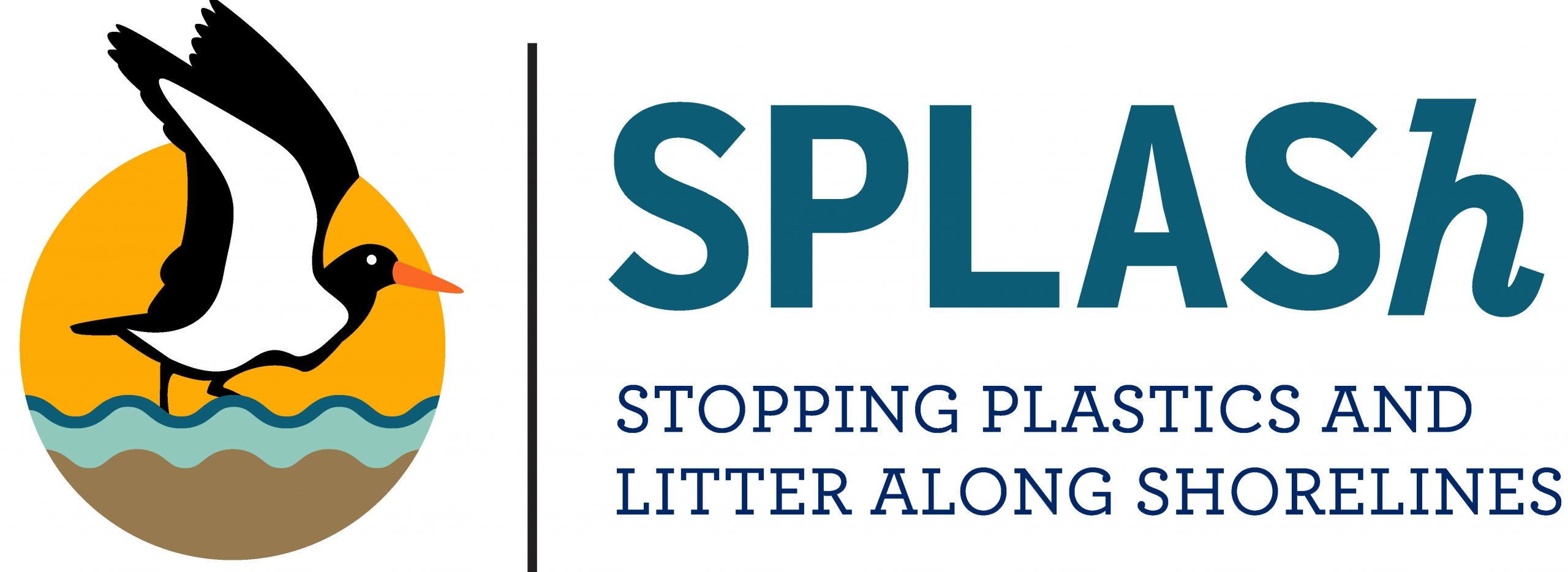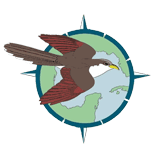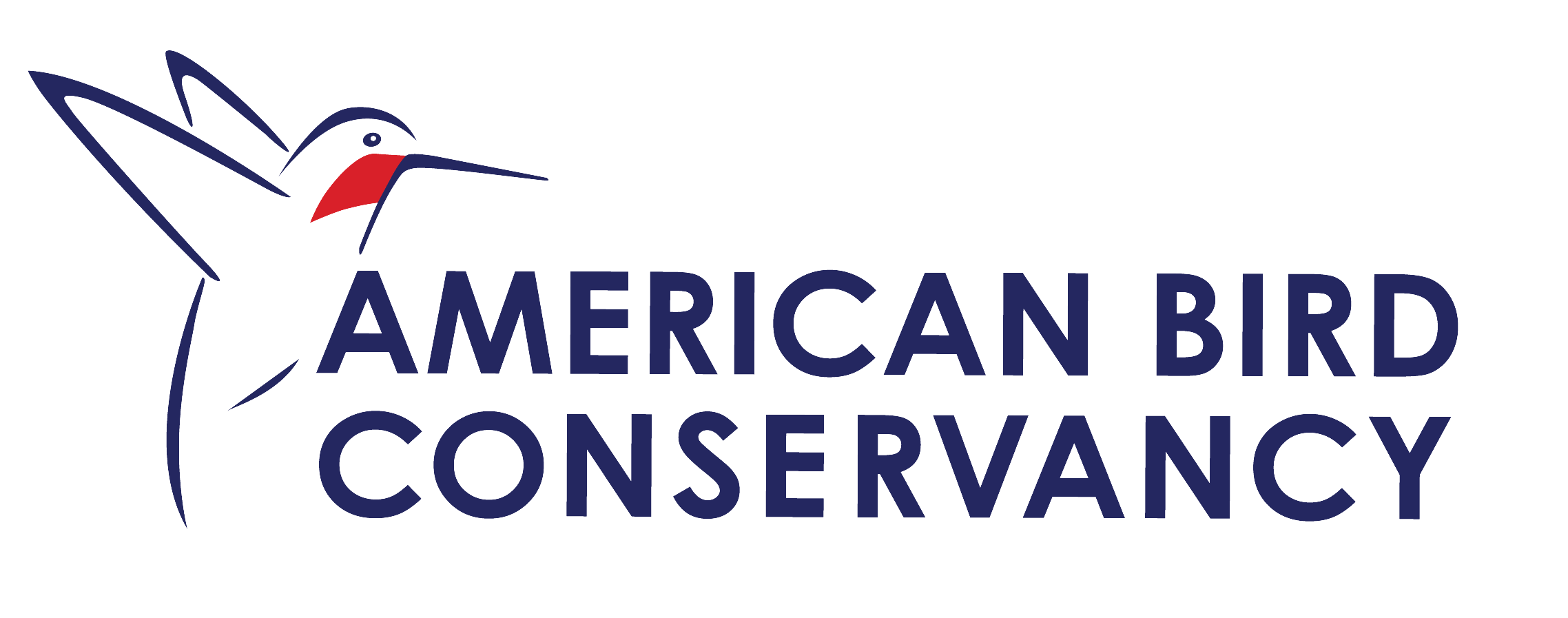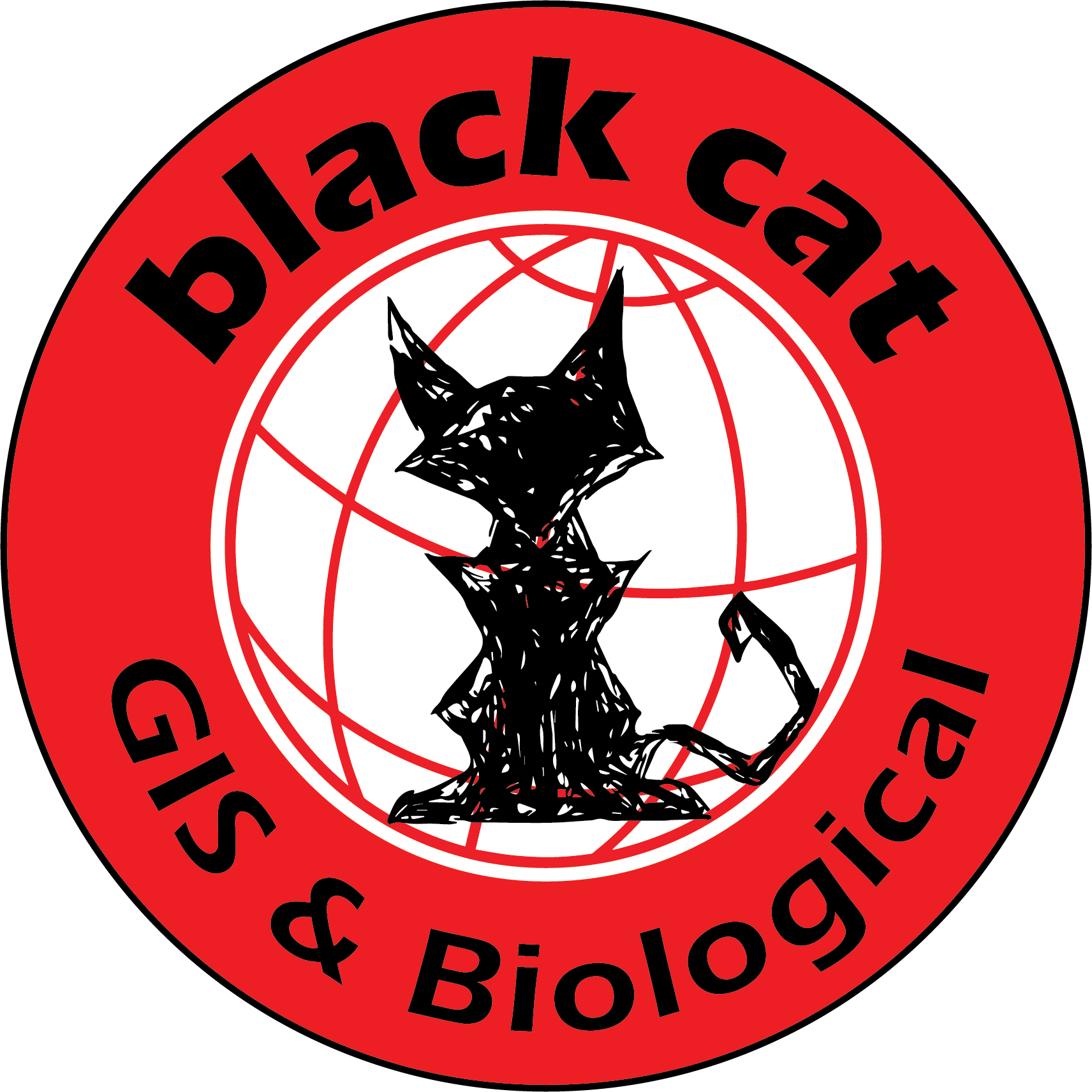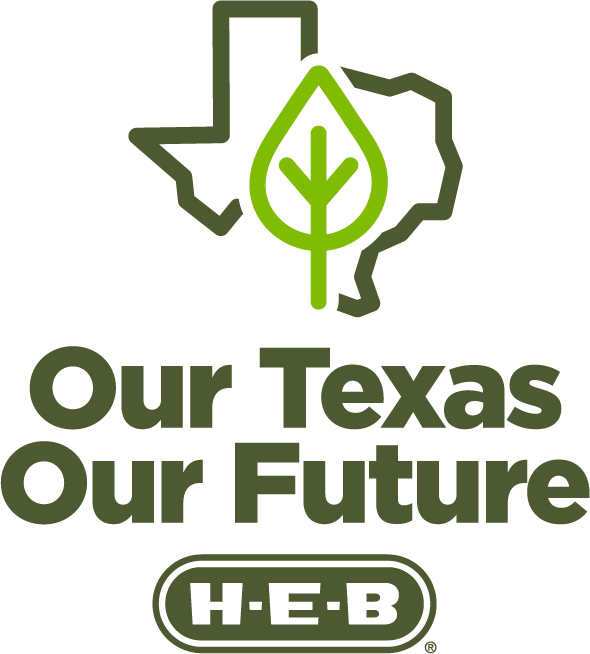SPLASh is a conservation and education project in partnership with the American Bird Conservancy, Black Cat GIS, and GCBO. With the SPLASh project, we are decreasing the amount of trash in and entering Gulf Coast waters on the upper Texas coast.
There is an enormous amount of trash in Texas waters and this affects the organisms living there as well as on the beach. Many of the shorebirds that we study have been negatively effected by this pollution. For example, the American Oystercatchers that we study have often been found wrapped up in fishing line, which causes damage to the bird and sometimes death.
To learn more about SPLASh, visit our full website here.
For more information contact:
Chloe Dannenfelser
Elizabeth Virgl, ABC Texas Coastal Education Specialist, (815) 954-1038, EVirgl@abcbirds.org
Celeste Silling, GCBO Education and Outreach Manager, 979-480-0999, csilling@gcbo.org
¹This project has been funded wholly or in part by the United States Environmental Protection Agency under assistance agreement 01D07120 to American Bird Conservancy. The contents of this document do not necessarily reflect the views and policies of the Environmental Protection Agency, nor does the EPA endorse trade names or recommend the use of commercial products mentioned in this document.

